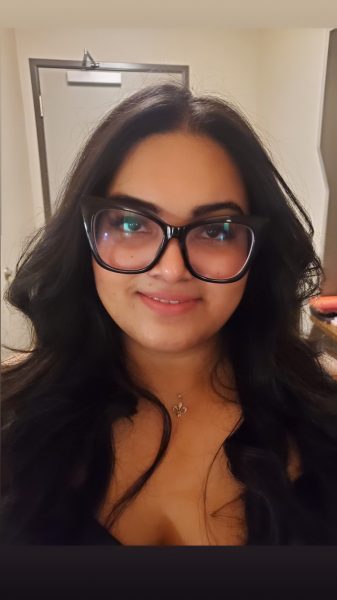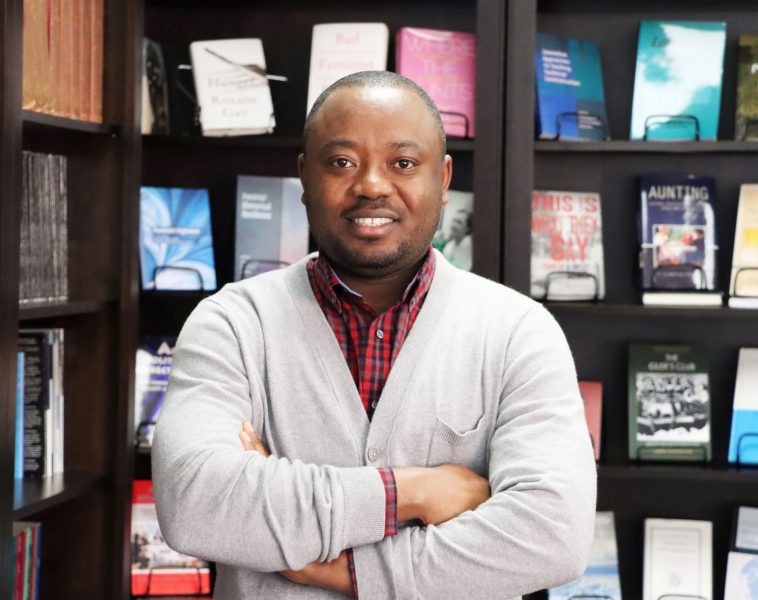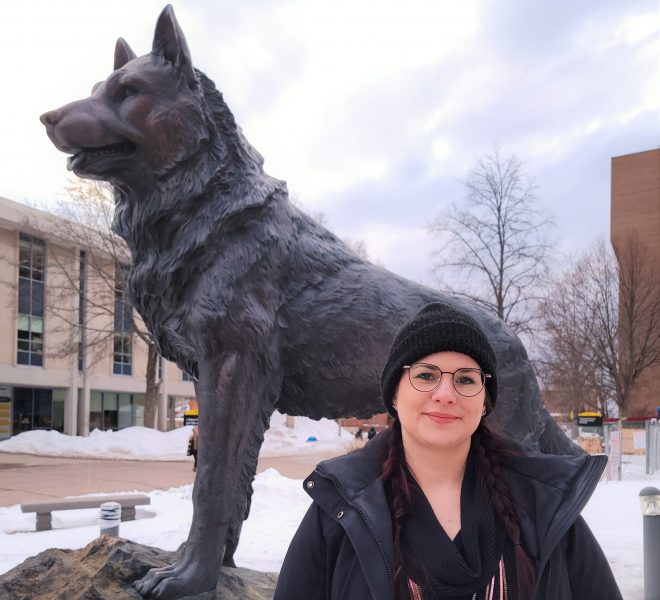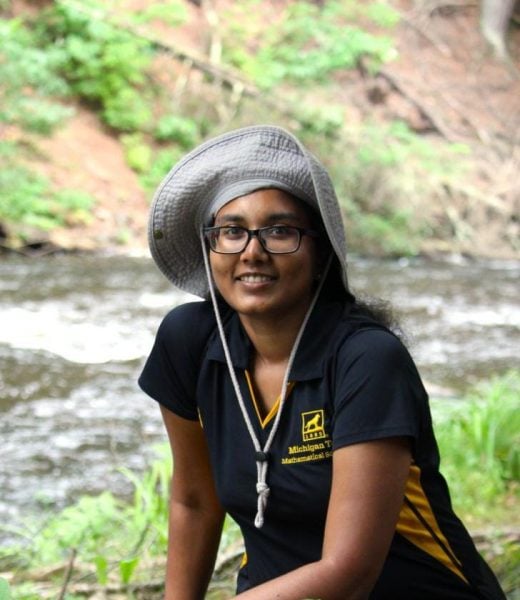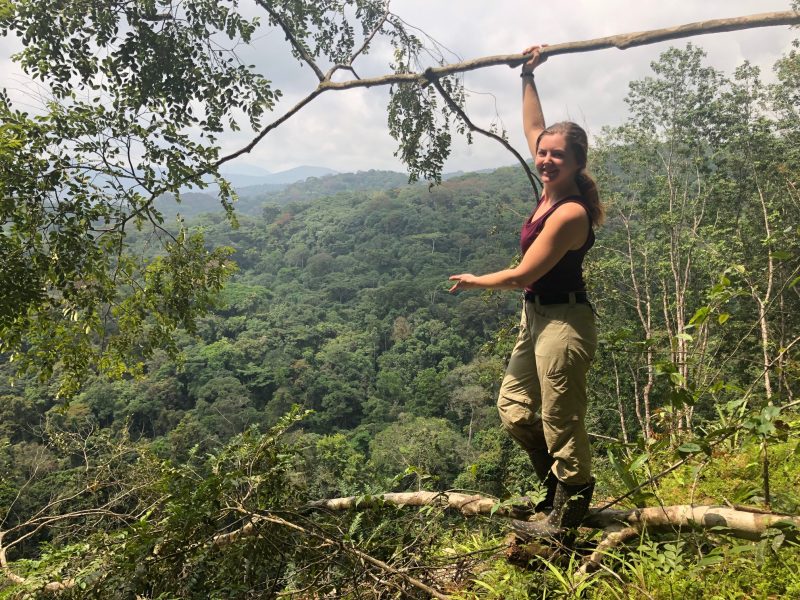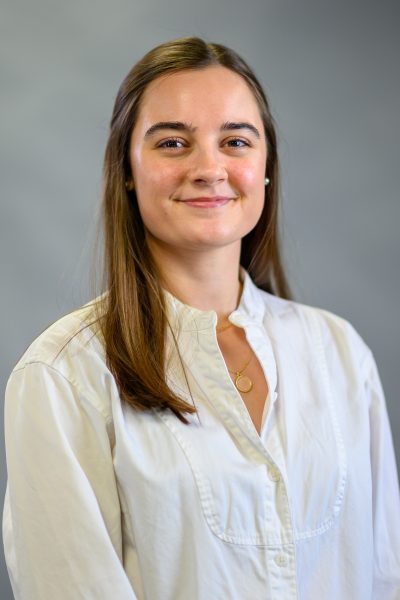My research centers on the human factor aspects of Advanced Driver Assist Systems (ADAS). ADAS features are semi-autonomous features that enable drivers to relinquish operational control of the vehicle to automate part of the total drive. Features that use ADAS, like Tesla’s Autopilot (hands-on-wheel) or Cadillac’s Super Cruise (hands-free), are not entirely self-driving and require drivers to monitor their environment if the automation turns off or malfunctions. Drivers’ inconsistencies in monitoring the external driving environment and the automation status have led to several high-profile accidents involving these semi-automated features. While these features are currently commercially employed, little research to date documents their impact on their effectiveness in promoting driver attention while automation is engaged.
The objective of my work is to understand how the hands-on-wheel and hands-free driver supervision strategies differently affect situational awareness and takeover performance after automated driving. Moreover, my work explores how physiological performance metrics like eye tracking predict the drivers’ cognitive state and the likelihood of making errors. My work has already demonstrated that the hands-free driver supervision strategies fail to mitigate mind wandering and put drivers at higher risk of failing to detect safety-critical changes to the driving environment.
I thank the Graduate Dean Awards Advisory Panel for awarding me with this fellowship. This fellowship will enable me to complete data analysis from my most recent study and dissertation writing. I am deeply indebted to my advisor Dr. Kelly Steelman for her unconditional support in my research endeavors. Additionally, I would like to thank my committee members, Dr. Shane Mueller, Dr. Beth Veinott, and Dr. Joonbum Lee for their invaluable guidance. And last but not least, I would like to give a quick shout-out to the entire CLS department for their support throughout this process.
